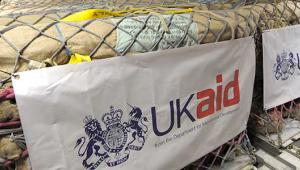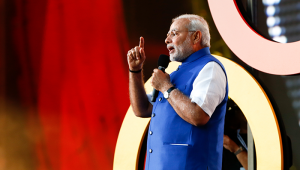This follows a pledge by Penny Mordaunt, secretary of state for international development, to have a “bold Brexit-ready” plan to boost trade with developing countries that benefits both the UK and the world’s poorest.
But the International Development Committee warned in a report today that the pledge must come with guarantees that the most marginalised citizens of those countries do not “lose out”.
Stephen Twigg, chair of the committee, said: “DfID believes that more economic growth leads to fewer people in poverty.
“While it’s acceptable for UK companies and the government to score ‘wins’ in trade and investment in the world’s least developed countries, this is not a trade-off. It’s not just profits margins that count.”
Twigg added that evidence suggests that a strategy prioritising trade “can actively disadvantage the most marginalised groups”.
The MPs said the department’s Economic Development Strategy, launched in January 2017, cannot be “one-size-fits-all” and called for a country-by-country approach to to avoid this becoming a “set of bland aspirations” or a “straitjacket”.
Their report said: “This will be achieved by careful calibration to fit with, and meet, the specific demands and priorities of each individual country programme and the characteristics and ambitions of each developing country.”
The report added that when seeking trade and investment opportunities, including those that arise from Brexit, DfID should seek the “best and fairest” solutions to ensure its focus remains on poverty reduction.







